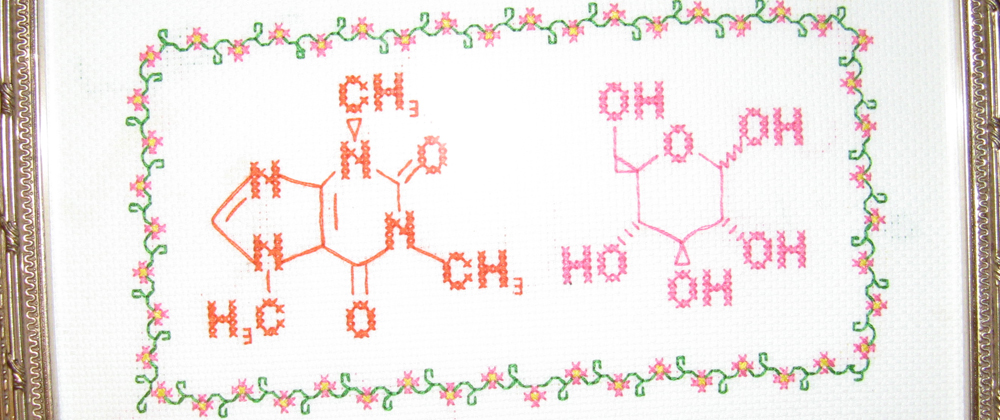In response to my first entry on Steve Fuller’s essay on Chris Mooney‘s book, The Republican War on Science, Bill Hooker posted this incisive comment:
Fuller seems to be suggesting that there is no good way to determine which scientists in the debate are most credible — it all comes down to deciding who to trust.
I think this misses an important piece of how scientific disputes are actually adjudicated. In the end, what makes a side in a scientific debate credible is not a matter of institutional power or commanding personality. Rather, it comes down to methodology and evidence.
So, in other words, deciding who to trust means being able to evaluate the data for yourself, which — according to the pullquote above — Mooney suggests a journalist should not do. (Right here would be a good place to admit I haven’t read TWoS.)
Don’t get me wrong, I’ve been reading Chris Mooney about as long as he’s had a blog, and I have a lot of respect for him. He’s a welcome exception to the rule that science writers don’t understand the science. I think, however, that in this case he’s wrong, both about what he should do and what he does do. It seems clear to me that he does understand the science, and does evaluate the facts for himself. I don’t, frankly, see how one can approach a scientific controversy by any other method than reference to the data. To me, “what makes it science is the epistemology” means RTFdata.
This is a question that bears closer examination: If I’m not able to directly evaluate the data, does that mean I have no good way to evaluate the credibility of the scientist pointing to the data to make a claim?
Continue reading→
 Nature study has taken a turn from the macroscopic to the microscopic. Is it a coincidence that the Free-Ride family has also been passing around a cold? While your blogger felt sure she would be able to avoid catching it, the young Free-Riders are extremely effective vectors of disease.
Nature study has taken a turn from the macroscopic to the microscopic. Is it a coincidence that the Free-Ride family has also been passing around a cold? While your blogger felt sure she would be able to avoid catching it, the young Free-Riders are extremely effective vectors of disease.


